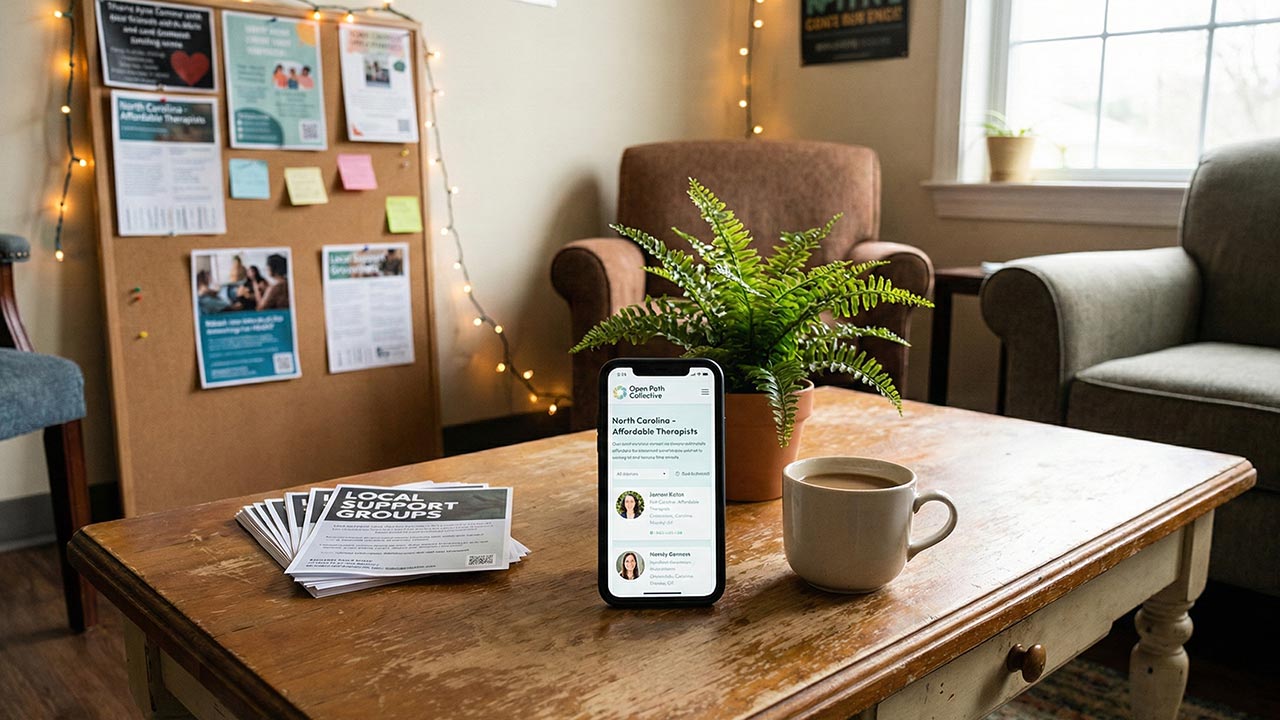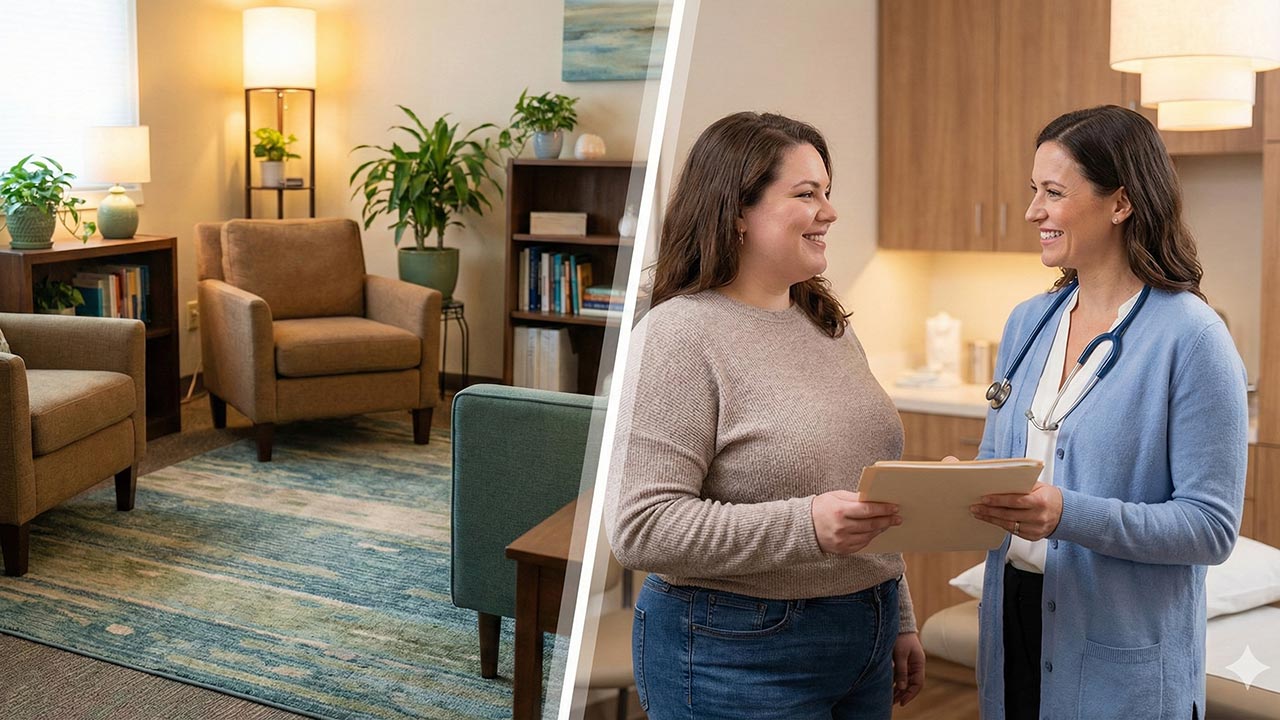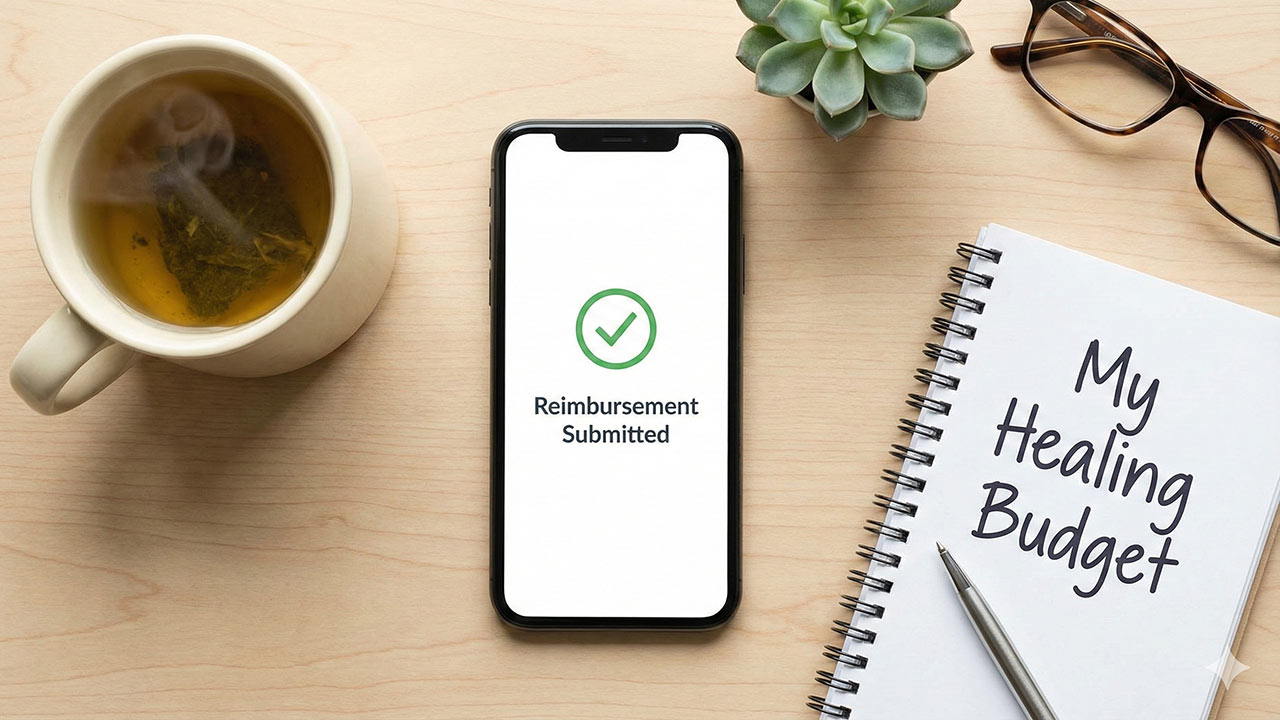Taking the step to find a therapist is a courageous act of self-care. It’s a declaration that your well-being matters and that you’re ready to invest in your own healing and growth. But for many, especially those who are neurodivergent, LGBTQIA+, or Black, Indigenous, and People of Color (BIPOC), this hopeful step is often shadowed by a layer of anxiety and exhaustion: “Will I have to spend my precious session time educating my therapist about my identity?”.
This fear is born from experience. Too many have entered a therapy room seeking support, only to be met with a blank stare, a well-intentioned but ignorant question, or the subtle pressure to conform to a neurotypical, cisgender, heterosexual, white standard of “normal.” This isn’t just unhelpful; it’s harmful. It replicates the very invalidation and marginalization that contributes to mental health struggles in the first place.
You deserve a therapeutic space where you can show up as your whole, authentic self without fear of judgment or the burden of explanation. An identity-affirming therapist doesn’t just tolerate your differences—they understand, respect, and celebrate them. They recognize that your identity is a source of strength, culture, and resilience. Here are seven key things to look for on your search for a therapist who truly “gets it.”
- Their Language is Celebratory, Not Just “Friendly.” The words a therapist uses on their website, professional profiles, and during a consultation call are incredibly revealing. Look for active, empowering, and specific language. Phrases like “LGBTQIA+ friendly” or “works with diverse clients” are passive and represent the bare minimum. While well-intentioned, they don’t signal deep competence or a commitment to affirmation. What you want to see is language that is celebratory and affirming. For example:
- Instead of “neurodiversity friendly,” look for “neurodiversity-affirming”. This implies they work from a strengths-based model that sees neurodivergence as a natural variation, not a deficit to be fixed.
- Instead of “LGBTQIA+ friendly,” look for “LGBTQIA+ celebratory”. This signals that they see queer and trans identities as a source of joy and community, not just a “presenting problem.”
This linguistic shift is crucial. It indicates a therapist who has moved beyond mere tolerance to a place of genuine understanding and advocacy. Their goal is to help you thrive as you are, not to help you better assimilate into a world not built for you.
- They Explicitly Acknowledge Intersectionality. Your identity isn’t a single, isolated label. You are a complex and unique individual with multiple identities that overlap and interact. You might be a queer person of color who is also neurodivergent and disabled. The concept of intersectionality, coined by scholar Kimberlé Crenshaw, explains that these intersecting identities create a unique lived experience and can lead to overlapping and interdependent systems of discrimination or disadvantage. An affirming therapist understands this deeply. They won’t try to treat your anxiety separately from your experience of racism, or your depression separately from the challenges of navigating a neurotypical world as an autistic person. They recognize that these things are interconnected. They are prepared to discuss how systems of oppression like racism, sexism, homophobia, transphobia, and ableism impact your mental health, and they won’t shy away from these conversations.
- They Have Lived Experience or Deep Cultural Humility. Many of the most effective affirming therapists are members of the communities they serve. A neurodivergent therapist will have a firsthand, embodied understanding of sensory overwhelm, masking, and executive dysfunction. A therapist of color can relate to the bone-deep exhaustion of navigating daily microaggressions. This shared experience can create an immediate sense of safety and shorthand in the therapeutic relationship, freeing you from the labor of constant explanation.
However, a therapist doesn’t need to share your exact identity to be affirming. If a therapist is not a member of your community, look for signs of deep cultural humility. This is different from “cultural competence,” which can imply a finite level of knowledge to be achieved. Humility is an ongoing process. An affirming ally therapist will:
-
- Acknowledge their position of privilege openly and without defensiveness.
- Demonstrate a commitment to continuous learning and unlearning.
- Never assume they know your experience better than you do.
- Be open to feedback and correction if they make a mistake.|
- They Practice from a Decolonizing and Anti-Oppressive Framework. An affirming therapist understands that the field of psychology itself is not neutral. It is rooted in Eurocentric, colonial standards that have historically pathologized and harmed marginalized communities. A decolonizing framework actively challenges this history. In practice, this means the therapist will not pathologize you for having understandable reactions—like grief, fear, or rage—to injustice and systemic oppression. They understand that your anxiety might be a logical response to an unsafe world, not a random chemical imbalance. Their goal is your liberation, not your assimilation into systems that harm you.
- They See You as the Expert on Your Own Life. The therapeutic relationship should be a collaboration, not a hierarchy where a detached expert dispenses wisdom. An affirming therapist views you as the ultimate expert on your own experience, feelings, and needs. They won’t give unsolicited advice or push you toward goals that don’t align with your values. Instead, they will work with you, honoring your autonomy and wisdom to uncover strategies and solutions that feel authentic and empowering to you.
- Their Intake Forms and Office Space are Genuinely Inclusive. The small details are often a big indicator of a therapist’s commitment to affirmation. Pay attention to the environment they create, both physically and digitally.
- Paperwork: Do their intake forms include expansive, open-ended options for gender identity and pronouns? Do they ask about your access needs? Is the language on their forms affirming and non-pathologizing?
- Physical Space: Is the office accessible to people with mobility aids? Do they offer sensory-friendly options like dimmable lighting or fidget tools? Is the artwork on the walls inclusive and representative of diverse communities?
- Virtual Space: Do they offer captions for telehealth sessions? Are they flexible with camera-on/camera-off needs? These details are a tangible sign that they have put thought and care into creating a genuinely welcoming and accessible environment for everyone.
- They Welcome Your Questions and Answer Them with Transparency. A free consultation call is not just for the therapist to see if you’re a good fit for them; it’s your opportunity to interview them. An affirming therapist will welcome your questions and will not become defensive or evasive. Come prepared with a few key questions. For example:
- “What is your experience working with clients?”
- “How do you incorporate anti-racism/anti-oppression into your practice?”
- “What does ‘neurodiversity-affirming’ mean to you in your own words?”
- “What training have you done related to ?” Listen carefully to their answers. A defensive, vague, or overly academic response is a red flag. An open, thoughtful, and humble response—one that may even include “I’m still learning about that”—is a green light.
Finding the right therapist is a profound act of self-advocacy. It can take time and effort, but you are worthy of a therapeutic space where you feel seen, heard, validated, and celebrated for exactly who you are.














